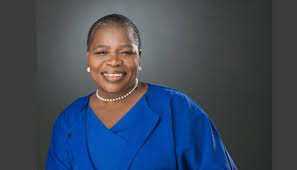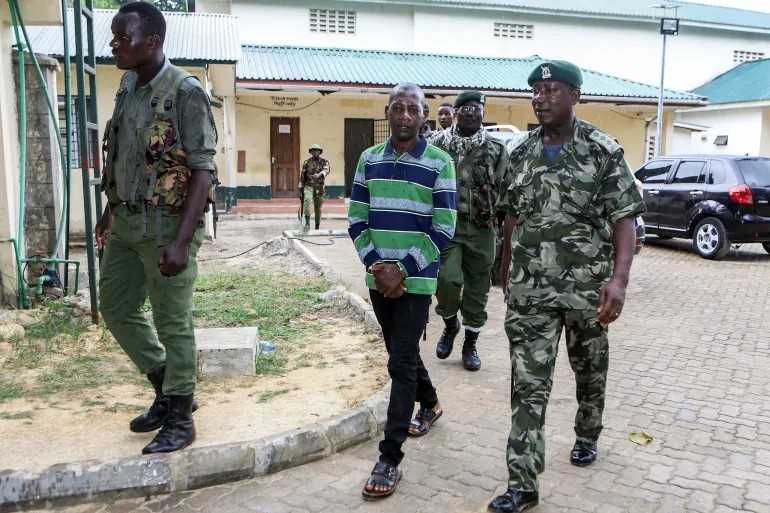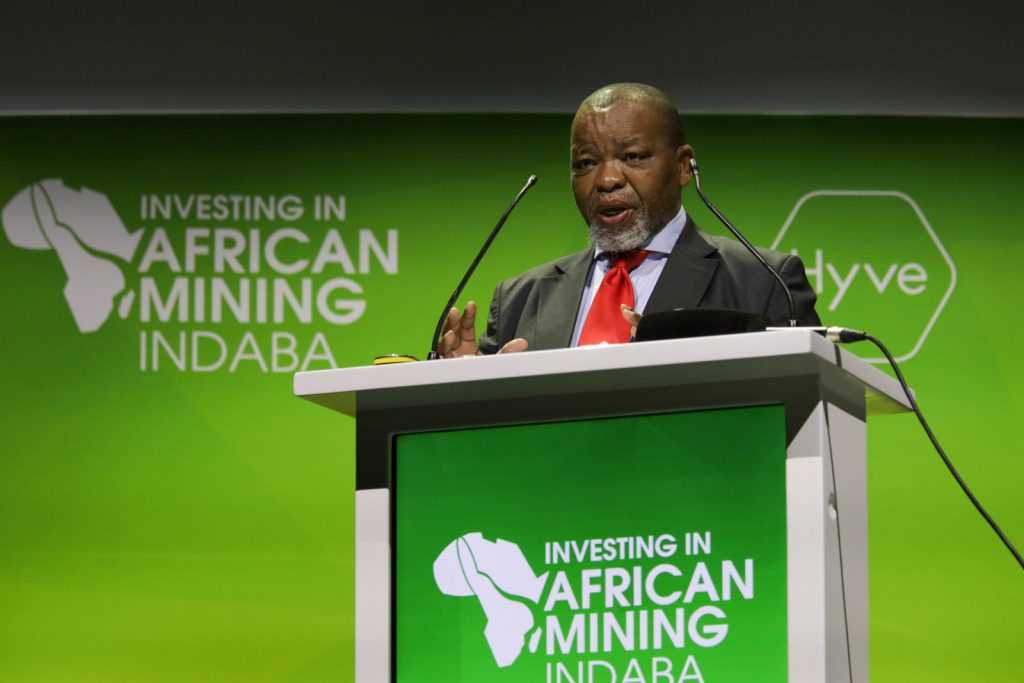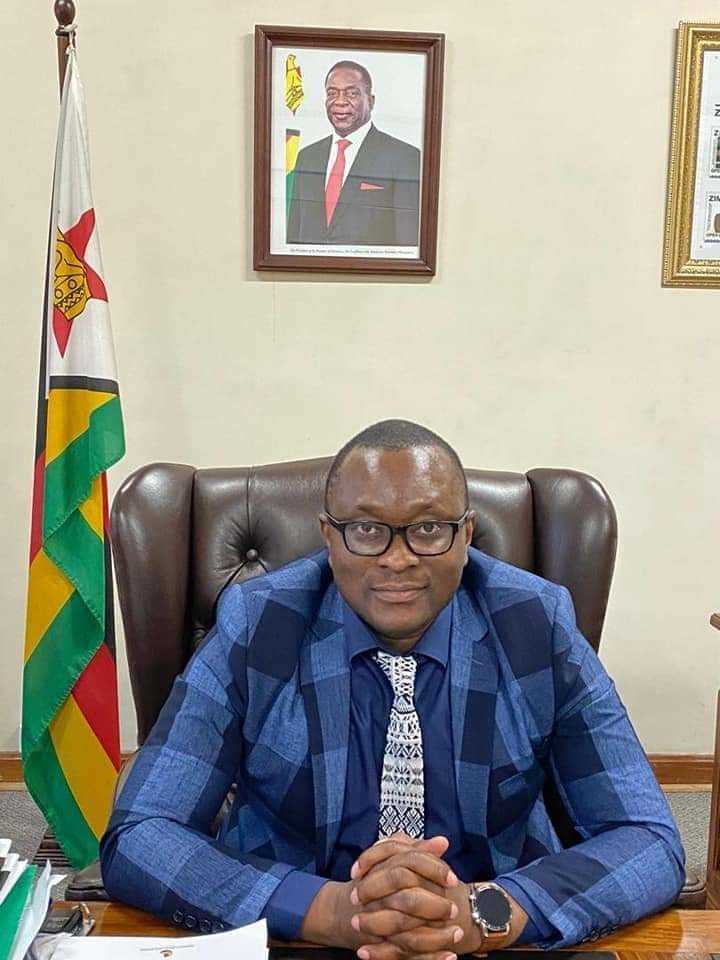
United Nations Children’s Fund, Human Capital Africa and the Association for the Development of Education in Africa have urged African heads of state and government to commit to and champion foundational learning ahead of the African Union Year of Education.
This came after the latest report on the state of global education issued by the World Bank, Unicef and other partners, which revealed that nearly nine in 10 children in Sub-Saharan Africa are unable to read and understand a simple text by the age of 10.
“The foundational level of education among African children is so weak and that has resulted in a human capital deficit in the continent,” said founder and chief executive officer of the Human Capital Africa Obiageli Ezekwesili Tuesday in a joint briefing in Addis Ababa, the capital of Ethiopia.
According to Ezekwesili, leaders of the continent should recognise the scale of the learning crisis confronting the continent and commit to a continental strategy to address it through effective policies and interventions.
She said failing to address the learning crisis will have catastrophic results for the continent's education outcomes across secondary, and tertiary schools, significantly restricting future employment opportunities.
“Agenda 2063 of the African Union will go nowhere until our leaders react now on crisis related to foundational learning,” Ezekwesili said.
Related Stories
Lieke Van de Wiel, Unicef’s education adviser, said children who were out of school failed to learn what they were supposed to and that means investments in education have not been generating the right return.
“African leaders must feel a sense of urgency to solve the problem,” said Wiel, further noting that nine out of every 10 children in Africa are in school but not learning.
Albert Nsengiyumva, the executive secretary of ADEA, warned that failing to react to the existing learning crisis in the continent will prevent the achievement of the African Union's vision for the “Africa we want” by 2063.
“We must now ensure that our concerns are shared as widely as possible and that heads of state and government hear our message in the context of all the challenges facing the continent,” Nsengiyumva said.
At the Africa Human Capital Heads of State Summit in July 2023, 43 African leaders signed the Dar es Salaam Declaration and pledged to increase accessibility, affordability, and quality education, and improve literacy rates to 75 percent by 2030.
The officials gave the briefing upon the conclusion of a two-day summit on Human Capital Africa that dwelt on foundational learning in the African continent.
The summit, co-convened by Unicef, called for increased investment in technology to enhance foundational learning such as access to digital resources, creating e-learning platforms, and ensuring that both teachers and students have the necessary skills to use technology effectively. - Xinhua




















Leave Comments